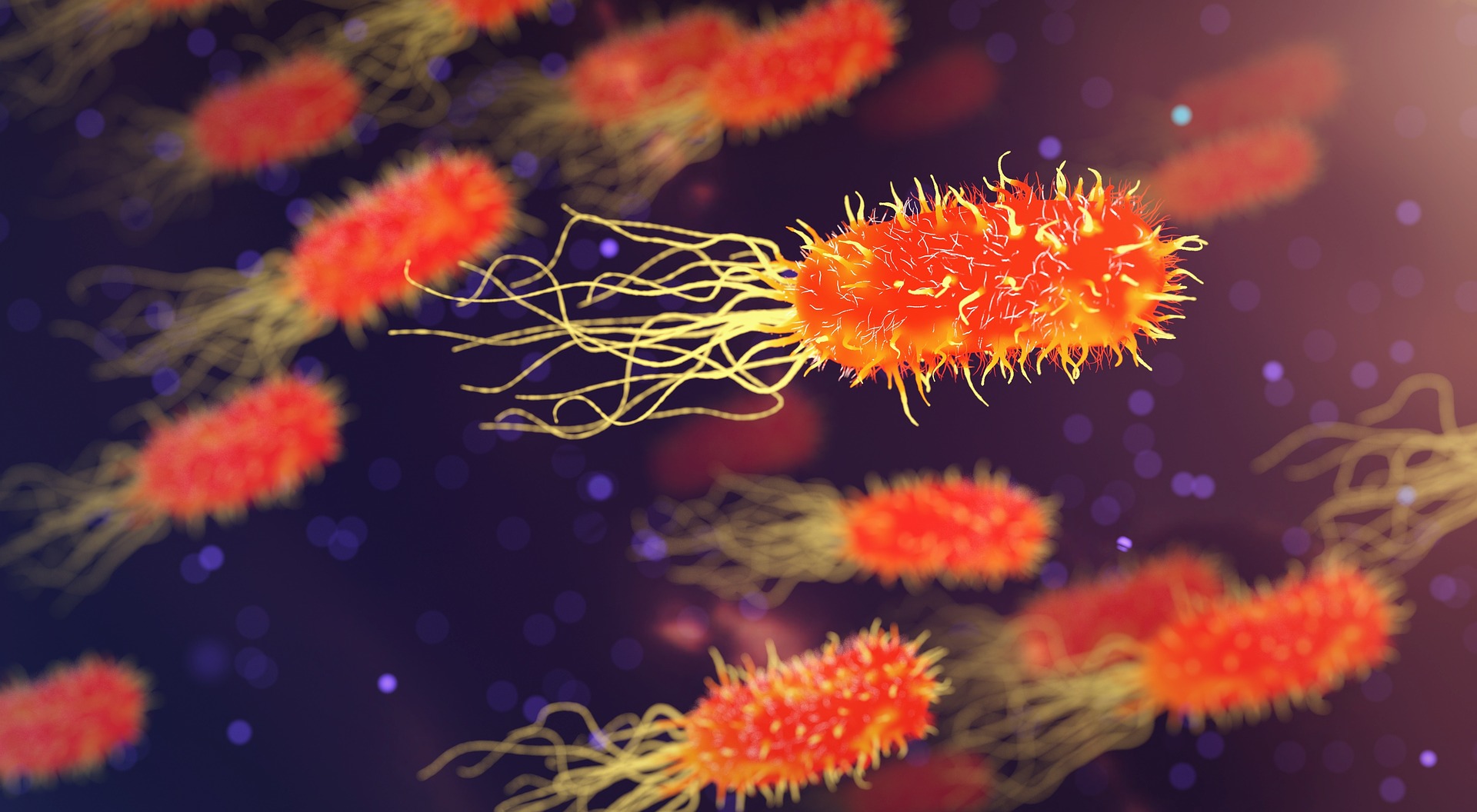
Several theorists have become skeptical that life might already have reached on Mars from earth. They suspect that NASA might have already sent life organism accidentally onto the Martian land through different machines landed on Mars through its Mars’ mission.
Writing in the BBC, Cornell geneticist Christopher Mason stated that NASA takes extreme care to clean its spacecraft piece by piece as they’re assembled, but it’s impossible to actually get the number of microbes in an area down to zero.
While such statements are only theoretical, it can not be neglated that NASA’s attempts to explore the Red Planet may have already contaminated it with resilient and possibly dangerous microbial life.
If so, one of the fears is that when scientists will eventually find evidence of life on Mars, that may be the same that we ourselves had accidentally sent there along with our rovers or other machines.
Although the NASA’s Jet Propulsion Lab (JPL) has an unfavourable environment for any kind of mirobes, or when only the hardiest bugs can survive there in the environment, the Lab might have unknowingly and most accidentally served as a sort of proving grounds for microbial life.
As a researcher, Mason himself had involved in scanning the JPL for DNA and identified microbes capable of latching onto metal surfaces and tolerating both radiation and extreme colds. In other words, all qualities of the microbes might help a bug hitch a ride to space and actually survive the ordeal.
Mason writes that those findings have implications for a form of planetary protection called ‘forward contamination’. Similarly, he further illustrates, ‘It is important to ensure the safety and preservation of any life that might exist elsewhere in the universe’. According to him, new organisms can wreak havoc when they arrive at a new ecosystem.
Researchers doubt that the same rovers or landers or any other machines like the Mars helicopter will possibly detect, by mistake, life that was actually brought there by themseves from earth.
Citing the fact that microbes brought from Earth into space rapidly mutated under the new conditions, Mason suggests that the space travel and unusual environments the microbes encounter will have left their mark and caused them to evolve.
As NASA has been working hard towards its goal of sending humans to Mars in the near future, researchers and philosophers point out the necessity of considering not to harm the ecosystem of the places(other worlds) wherever we go.


